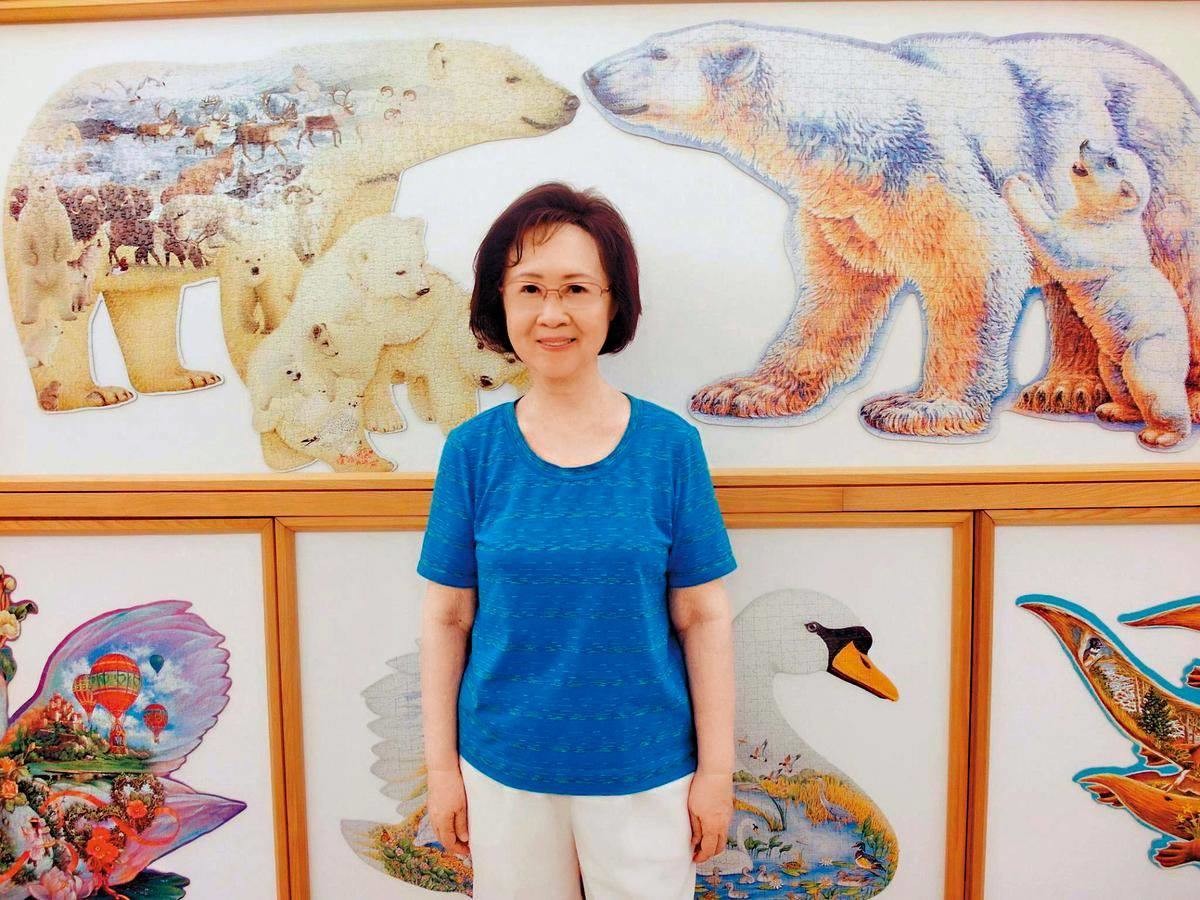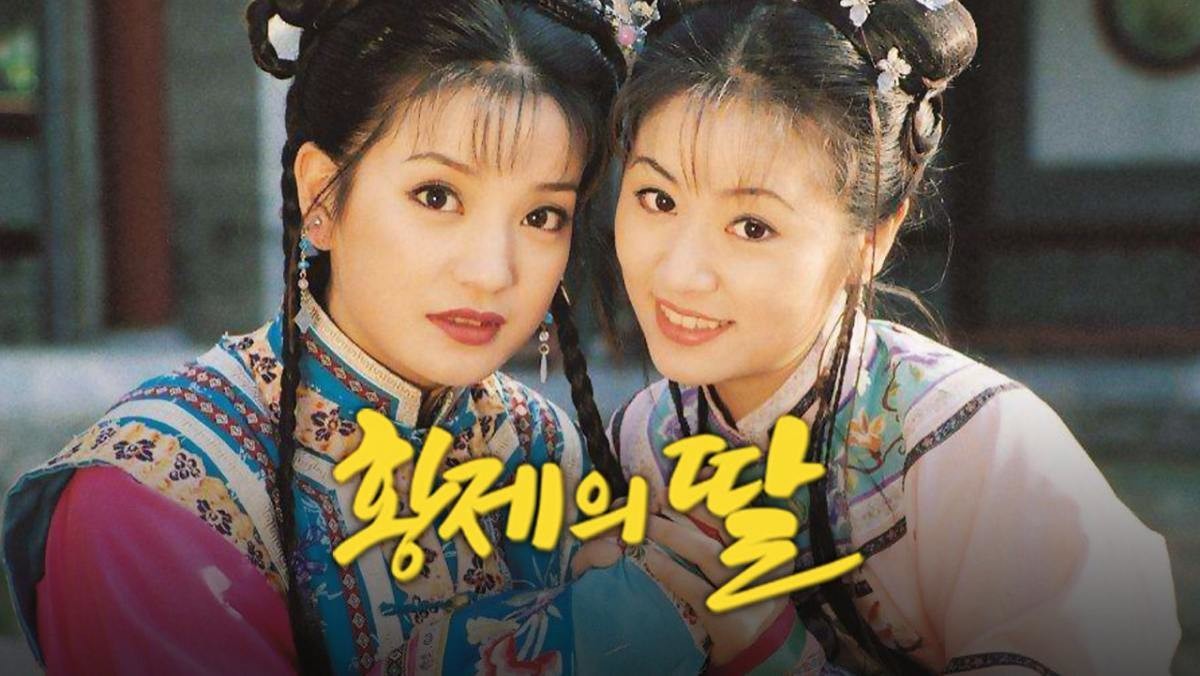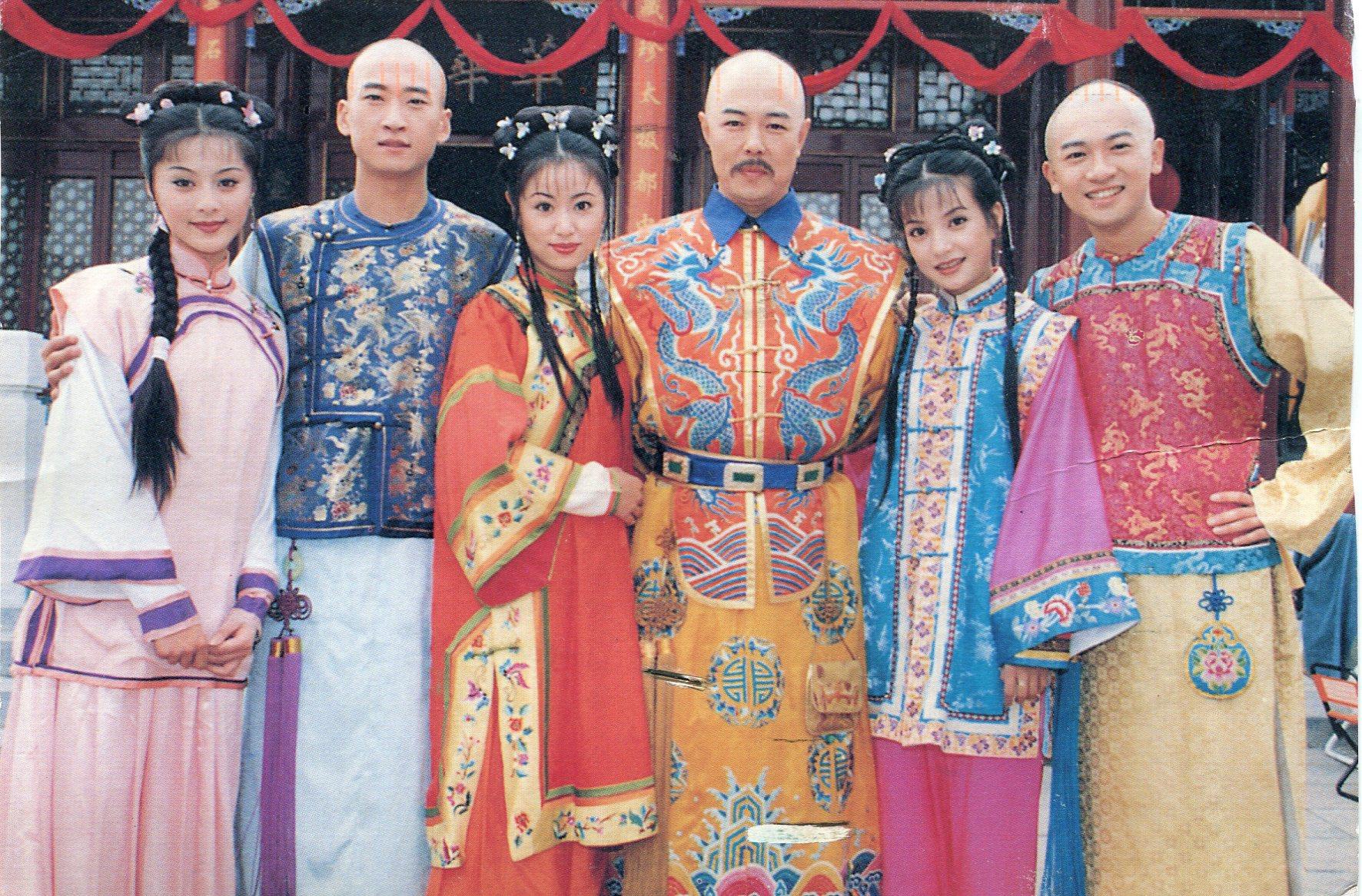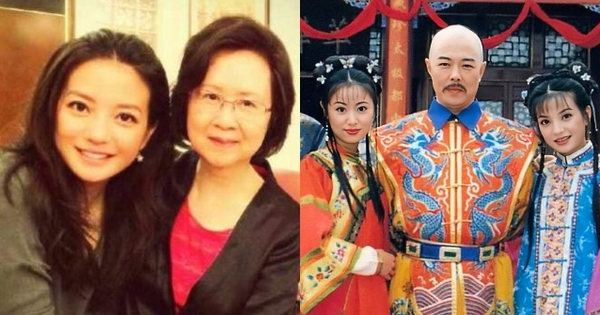According to Taiwan’s Dongsen News, Chiung Yao was found dead at her home in Tamsui District, New Taipei City, at 1:22 PM (local time) on December 4. Reports state that after her son discovered a suicide note, he asked her assistant to check on her at home. Emergency responders confirmed that Chiung Yao had no pulse or signs of breathing upon arrival.

Before her passing, she shared a suicide note on social media, stating: “This is my wish. Death is a path we all must take, the final act of life. I do not want to surrender to fate or slowly wither away, I want to make a decision about this final event.”
In her farewell letter, the novelist quoted the poem When Snowflakes Fall and wrote:
“Dear friends and kindred spirits,
Do not cry, do not grieve, and do not pity me. I have gone. “Freedom” is my favorite word. It means soaring freely and unrestrained. I have escaped a body that was increasingly in pain and now “freedom” has turned into snowflakes drifting away.
This is my wish. Death is the only path for everyone, the final great task to be completed. I did not want to leave my life to fate, nor did I want to slowly wither away. I wanted to make my own decision for this final event.
God’s design for the process of living is flawed. As people age, they endure a painful period of decline, degeneration, illness, hospital visits, treatments, and then death. The outcome is inevitable. If unfortunate, you may become a bedridden elder, reliant on life-support measures like intubation. I have witnessed this tragedy and do not wish to die that way.

I am a flame, and I have burned with all my strength. Now, before that flame extinguishes, I choose this path to return home gracefully. Everything I wish to say is recorded in the video When Snowflakes Fall. I hope my friends will watch it many times and understand what I wish to express.
My friends, do not mourn my death. Smile with me instead. The beauty of life lies in the ability to love, hate, laugh, cry, sing, speak, run, move, and integrate into the world, living carefree and fiercely hating evil. I have had all these experiences! I have lived fully and never let life disappoint me!
What I find hardest to let go of is my family and friends. Love has bound itself to my heart, and they are the ones I will miss the most. So that my soul (if such a thing exists) may fly freely, please smile, sing, and dance for me! My soul in heaven will dance along with you.
Farewell, my dear ones! I am so glad to have met and known all of you in this life.
Please note that my way of dying is a choice made at the end of life. Young people, do not give up on life so easily. Temporary setbacks may just be the anger of a beautiful life. I hope you can overcome challenges and live to 60, 70, or 80 years old, like me. Only when your physical strength is truly gone should you consider how to face death. I hope that by then, humanity will have found a compassionate way to help the elderly depart joyfully.
Be brave, live with a strong sense of self, and make the most of your journey in this world! Although imperfect, the world is full of joys, sorrows, and surprises. Don’t miss the wonderful things meant for you!
There is so much more to say. Finally, I wish you health, happiness, and a carefree, unrestrained life!”
The news of Chiung Yao’s death has deeply shocked the Chinese public. The family of the famous author has yet to comment on the news of her passing.

Born in 1938 in Sichuan, China, Chiung Yao came from a family with a strong educational background. She is also a distant relative of the late novelists Jin Yong and Xu Zhimo. Chiung Yao’s timeless novels include “Between The Water and Cloud”, “Plum Blossoms Branding”, “Seagull in Flight”, “Romance in the Rain”, “My Fair Princess”, and “Clothing of Dreams”. Chiung Yao’s novels are praised for their elegant prose, poetic imagery, and beautiful scenery, and to this day, remain unmatched.
Her works, when adapted into films, have been widely loved and have launched the careers of many actors such as Zhao Wei, Ruby Lin, Chen Derong, Jiang Qinqin, Alec Su, and Zhou Jie. Among these, “My Fair Princess” is considered a classic television series and a “treasure of the Chinese screen.”

